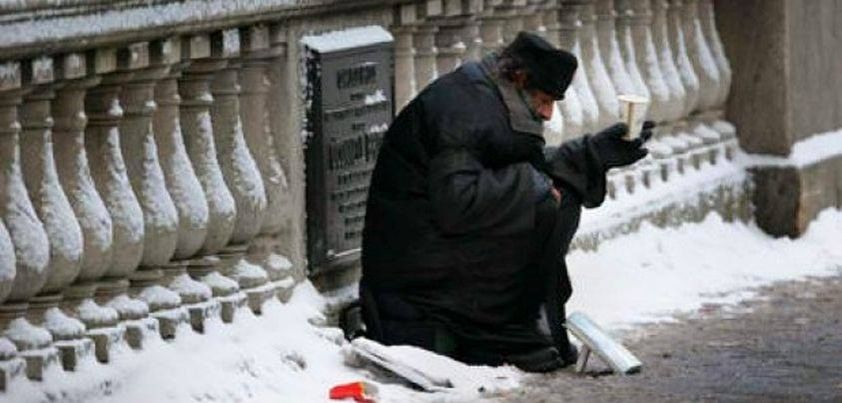 In this story by Fernando Sorrentino a man looking out his window witnesses a neighbour accidentally cause the death of a persistent beggar trying to open his gate. Later, he sees the dead beggar “return” and take the form of a newborn baby boy. When the boy is older, he accidentally causes the death of the man who killed the beggar and suddenly disappears. The author has cleverly created the narrator’s character so that, if readers look a little harder, they might question if this is what really happened. Themes include guilt, revenge, justice/karma, unrequited love, the supernatural.
In this story by Fernando Sorrentino a man looking out his window witnesses a neighbour accidentally cause the death of a persistent beggar trying to open his gate. Later, he sees the dead beggar “return” and take the form of a newborn baby boy. When the boy is older, he accidentally causes the death of the man who killed the beggar and suddenly disappears. The author has cleverly created the narrator’s character so that, if readers look a little harder, they might question if this is what really happened. Themes include guilt, revenge, justice/karma, unrequited love, the supernatural.
The Return Text / PDF (1,850 words)
General Comments
A danger in reading a story written in the first person is that you only see things from the narrator’s point of view. In The Return, the author has provided readers with some clues which show that the narrator may have had some personality issues and possibly even psychological problems that do not make him a believable witness. Some examples are:
- He seems to spend a lot of time looking out the window of his apartment. He writes that after Don Cesareo’s death: The next day, I got up very early and immediately installed myself in the window. We hear nothing of friends or other activities. Is the window his major point of contact with the outside world?
- At the beginning of the story, he talks about loving Adriana Bernasconi and looking out the window for her more out of a habit of the heart than because I expected to see her at such an early hour. We hear nothing of him courting her, and find that just four years later she has married another man and is heavily pregnant to him. Of this he says: Who knows whether he loved or deserved her as much as I did?. The narrator believed that he loved and deserved her… but did he do anything about it? Of the Bernasconi family he says: they were lovely people who used to do nice, kind things. Of Mrs Bernasconi he says: she had always looked favorably on me. Could he have mistaken kindness shown by the family to a neighbor who lived alone and did not seem to have any friends for something more?
- He gives a number of reasons for not wanting to report Don Cesareo’s accidental killing of the beggar to the police, almost as if he liked the old man. Yet earlier he says that Don Cesareo was a mean old man with an unpleasant personality. Could it be that he simply didn’t want the attention? After this we learn that he experienced a strange sensation every time he saw Don Cesareo and never dared speak to him again. There is no comment about any kind of relationship between the two in the reasons given for not going to the police. Could it also be that he had never dared to speak to him before?
- Finally, when commenting on the boy Gustavo throwing stones at cans on the roof-top sitting area, he says that this was a rather immature game for someone his age, and that had he been my son, he would doubtlessly have found a less insipid way to amuse himself. In the story, Gustavo was ten years old at the time. What ten year old boy would not enjoy throwing stones at cans? Could this suggest that the narrator was not allowed to live a normal childhood, which lead to him having social problems later in life?
What does all this mean to the story? Could the narrator have imagined his second and third sightings of the beggar? And what about Gustavo’s disappearance? If the spirit of the beggar had left him, surely the body would have been left behind? Could it simply be that Gustavo knew that he had accidentally caused Don Cesareo’s death and ran away from home out of fear?